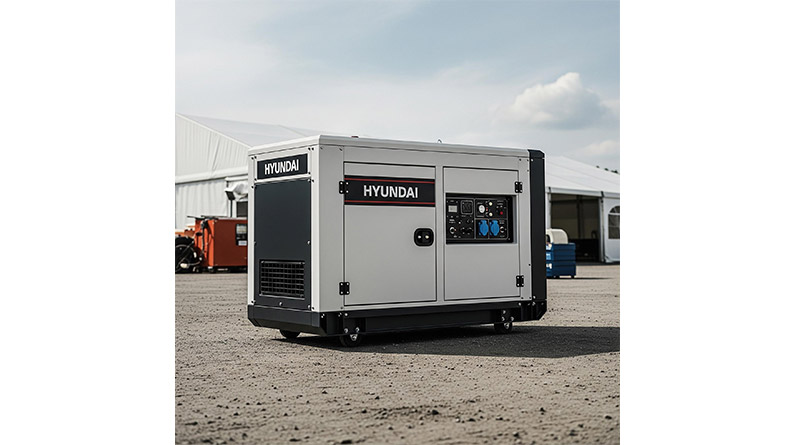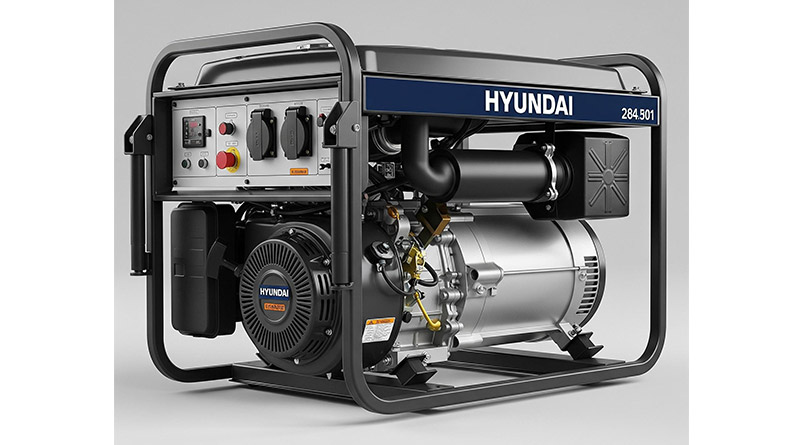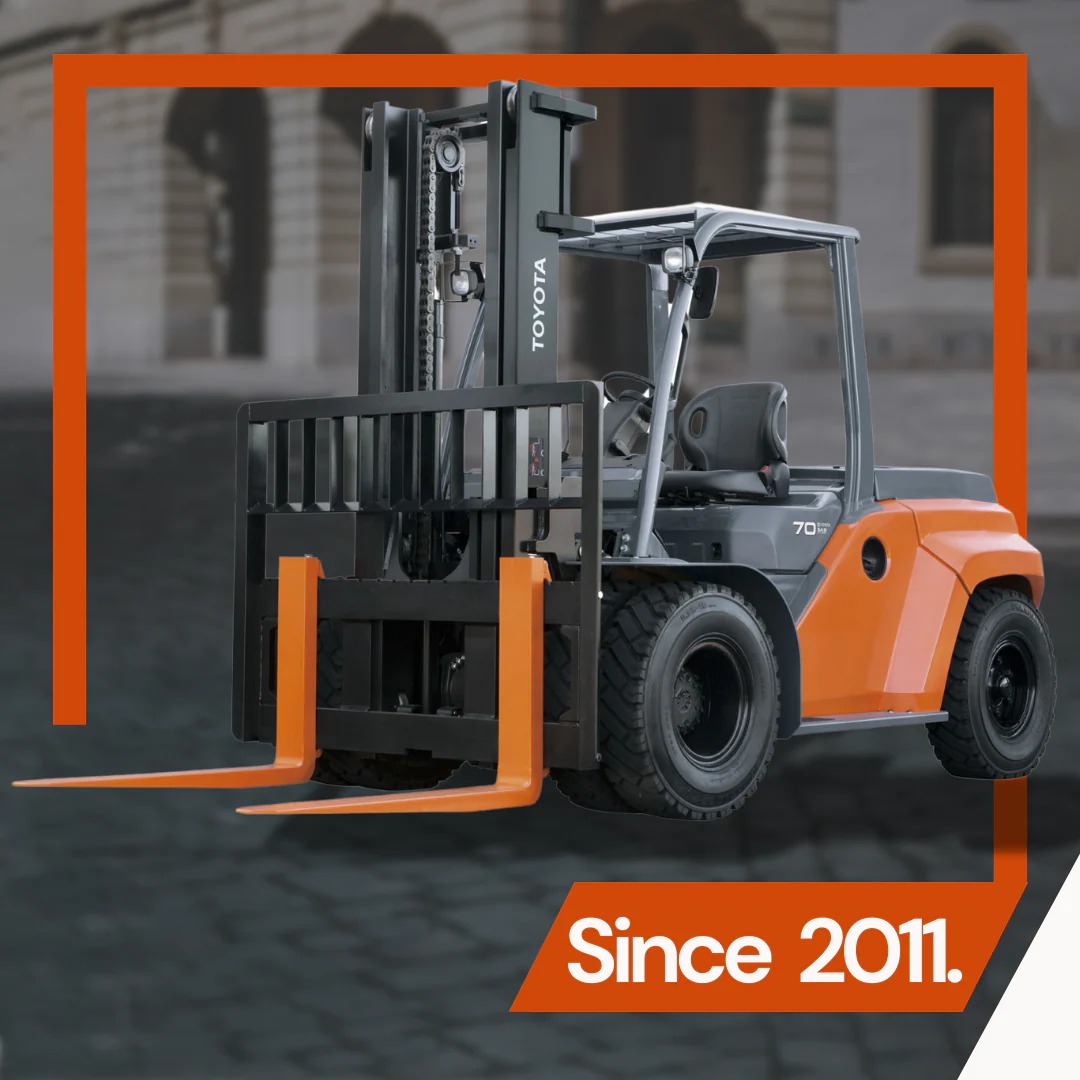In a world where consistent power is no longer a luxury but a necessity, the hum of a generator during a power outage is the sound of life continuing as normal. Whether it’s keeping the lights on at home, the refrigerators running, or essential business operations online, a reliable source of backup power is a critical investment. However, the market is saturated with a bewildering array of options, making the task of choosing the right one feel overwhelming. How do you look past the marketing claims and truly identify a machine that will serve you faithfully for years to come?
The secret is to move beyond just looking at the price tag and instead focus on the core components that define a generator’s performance, durability, and safety. This guide is designed to walk you through the essential checklist for identifying the best quality generator for your specific needs. By understanding these key factors, you can make a confident and informed decision, ensuring you invest in a machine that provides true peace of mind.

1. First, Calculate Your Power Needs (Watts)
Before you even look at a single model, you must determine how much power you actually need. This is measured in watts (W). Every appliance has a “running wattage” (the power it needs to operate continuously) and a “starting wattage” (a higher surge of power needed to start up, especially for items with motors like fridges or air conditioners). Make a list of the essential items you want to power during an outage and add up their running watts. A high-quality generator will clearly list both its starting and running wattage, so you can choose a model that can handle your specific load without struggling.
2. Understanding the Different Types of Generators
Not all generators are created equal. The most common types are conventional portable generators and inverter generators. Conventional generators are the traditional workhorses, great for powering tools and basic appliances. Inverter generators, however, are a more modern solution that produces “clean” power (a stable sine wave), which is essential for safely running sensitive electronics like laptops, smartphones, and modern TVs. For those seeking reliable options in Pakistan, brands like Hyundai Power Pakistan offer a wide range of both conventional and inverter models to suit different needs and budgets.
3. The Engine: The Heart of Your Generator
The long-term reliability of a generator is almost entirely dependent on the quality of its engine. Look for generators that use engines from reputable manufacturers and feature an Overhead Valve (OHV) design, which is known for its durability and fuel efficiency. Another critical component is the alternator, which produces the electricity. Always opt for a generator with an alternator that has 100% copper windings instead of aluminum. Copper is a superior conductor, handles heat better, and will significantly extend the life of your machine.
4. Fuel Type Matters: Petrol vs. Diesel vs. Gas
The most common fuel type for home generators in Pakistan is petrol, as it is widely available. However, each type has its pros and cons.
- Petrol Generators: Convenient and generally more affordable upfront.
- Diesel Generators: More fuel-efficient and have a longer engine lifespan, making them a great choice for extended use, though they can be louder.
- Gas/LPG Generators: A cleaner-burning and often more economical option, especially if you already have a gas connection.
5. Inverter Technology: A Must for Modern Electronics
As mentioned earlier, if you plan to power anything more sensitive than a light bulb or a fan, an inverter generator is the superior choice. The clean energy it produces prevents power fluctuations that can damage the delicate circuits in your laptops, mobile phone chargers, and televisions. While they can be more expensive, the investment is worth it to protect your valuable electronics. Inverter generators also have the added benefits of being significantly quieter and more fuel-efficient, as they can adjust their engine speed to match the power load.
6. Portability and Design: Features for Ease of Use
A generator can be a heavy piece of equipment, so user-friendly design features are incredibly important. Look for a model that comes with a sturdy, built-in wheel kit and a comfortable, ergonomic handle. This will make it much easier to move the generator in and out of storage. A well-designed control panel with clear labels, easy-to-access outlets, and a digital multimeter (to display voltage and running hours) also adds to the overall quality and user experience.
7. Run Time and Fuel Tank Size
The “run time” tells you how long a generator can operate on a single tank of fuel. This is usually specified at a 50% load. For home use, it’s a good idea to look for a generator that can run for at least 8-10 hours at 50% load. This ensures it can comfortably get you through an entire night of load-shedding without you having to get up in the middle of the night to refuel.
8. Noise Level (Decibels): Being a Good Neighbour
Generators can be noisy, and this is an important consideration, especially if you live in a residential area. The noise level is measured in decibels (dB). For reference, a normal conversation is around 60 dB. Look for generators that have a noise rating of 70 dB or lower at a distance of about 23 feet. Inverter generators are the champions of quiet operation, often running at noise levels below 60 dB.
9. Essential Safety Features to Look For
A high-quality generator must have key safety features to protect both the machine and its users. The three most important ones to look for are:
- Automatic Low-Oil Shutoff: This feature automatically turns off the engine if the oil level gets too low, preventing catastrophic engine damage.
- Circuit Breaker Protection: These breakers automatically cut the power in the event of an overload, protecting your appliances from damage.
- Covered Outlets: This simple feature protects the electrical sockets from dust and moisture, enhancing their safety and longevity.
10. The Importance of Warranty and After-Sales Support
Finally, a manufacturer’s warranty is a direct reflection of their confidence in their product’s quality. Look for a generator that comes with at least a 1-year warranty. Just as important is the availability of after-sales service and spare parts in your local area. A reliable generator is a long-term investment, and knowing you can get it serviced or repaired easily is crucial for its continued operation.
In conclusion, identifying the best generator is a process of looking beyond the price and evaluating the core components that deliver true quality and reliability. By calculating your power needs, choosing the right type for your appliances, and prioritising a high-quality engine, essential safety features, and strong after-sales support, you can invest with confidence. This approach will ensure you get a machine that is not just a temporary fix, but a durable and dependable source of power for years to come.



